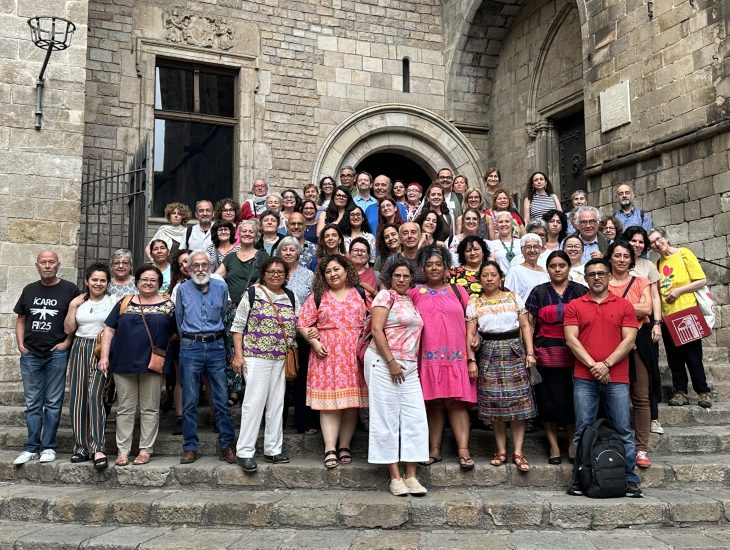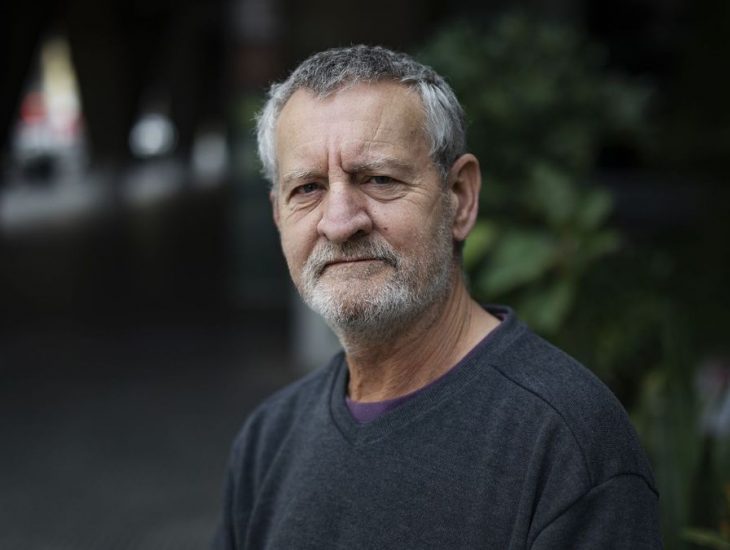The ICIP Board of Governors has unanimously decided to grant the ICIP Peace in Progress Award 2013 to Jovan Divjak, for ‘his courage, as a General, to disobey the commands of the Yugoslav People’s Army and to defend the city of Sarajevo of the siege during the Bosnian War, and also for his latter extended work in favor of the victims of the war’.
The decision was made public last September 20, on an event organized by ICIP to commemorate the International Day of Peace, and which took place at the ICIP premises in Barcelona.
The ICIP Peace in Progress Award is granted annually and was created to laureate and publically recognize people, collectives or organizations which have worked and have contributed to the promotion of peace. The prize consists of public recognition, a sculpture created by the Nobel Peace Prize winner, Adolfo Pérez Esquivel, called Puerta del Sol, and 4,000 euros. The Award Ceremony will take place at the Parliament of Catalonia in the spring of 2014, and it will count on the presence of the winner, Mr. Jovan Divjak.
A national hero in Bosnia
Jovan Divjak was born in Belgrade in 1937 a member of a Serbian family from the Bosnian region of Bosanska Krajina. In the spring of 1992, at the start of the Sarajevo siege, Divjak was commanded from Belgrade to leave the city. However, he refused to obey and abandoned the Yugoslav People’s Army (JNA) to join the Army of the Republic of Bosnia and Herzegovina, in an act of disobedience and of commitment towards the victims of the aggression. From this new position, Divjak supervised and coordinated the defense of Sarajevo – symbol of multiethnicity- against the attack of the Serbian troupes, leaded by General Radovan Karadzic. Because of this courageous attitude, he is known as ‘the Serbian who defended Sarajevo’, even if he considers himself as a bosnian born in Belgrade, and is considered a national hero in Bosnia.
Once he retired from the military career in 1994, Divjak took part in the foundation of the Obrazovanje Gradi BiH Association OGBH (‘Education Builds Bosnia-Herzegovina’), of which he is now executive director. The OGBH Association works to ensure that all children whose families were victims of the war, no matter the ethnic group they belong to, have access to school, and provides them with grants and school materials. For his work in the association, Divjak has been publicly recognized and granted several prizes.
20.01.2013




